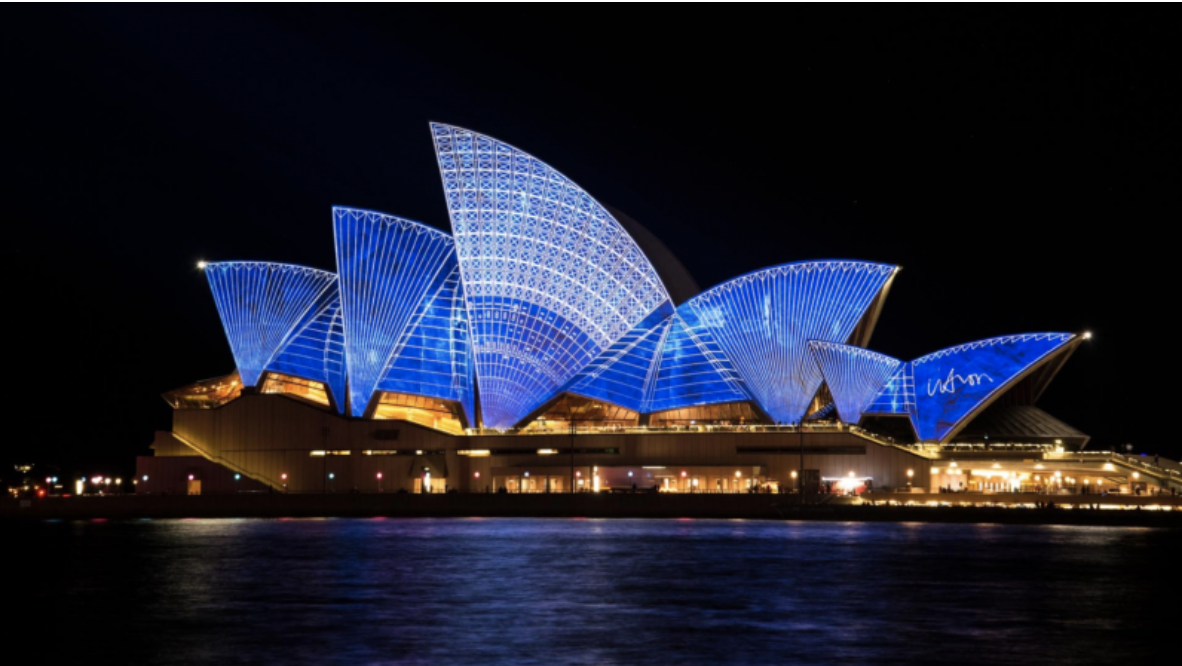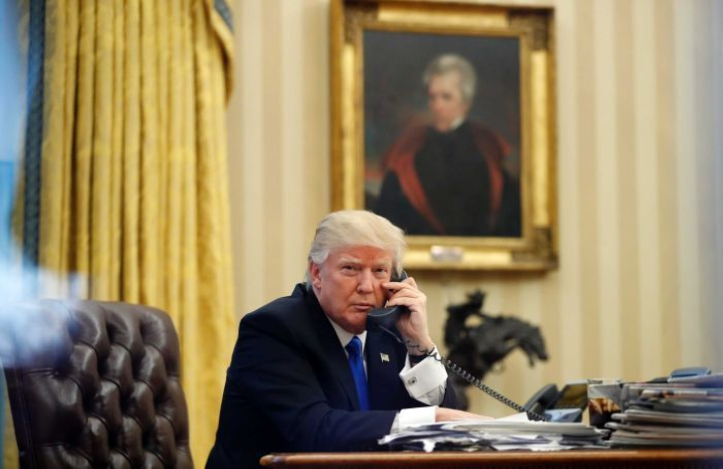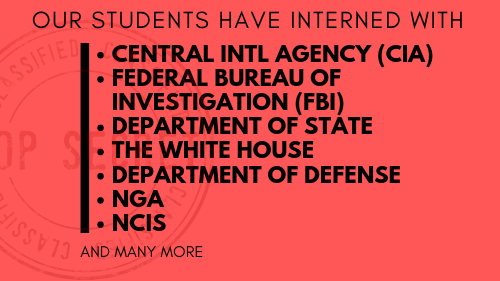
The refugee crisis has led to a strain in the US-Australia alliance
President Donald Trump put relations between the US and Australia on unstable ground when on January 29, 2017, he called into question a refugee settlement deal made with Australian Prime Minister Malcolm Turnbull. While the incident itself may not spell disaster for the alliance, it is the most recent example of a significant trend that could result in a more independent Australia operating to secure its economic and political interests in the Asia-Pacific.
On November 12, 2016, Australian Prime Minister Turnbull announced a unique refugee resettlement deal with President Barack Obama and the United States.1 Under this agreement, approximately 1,250 refugees currently held off the coast of Australia would be vetted and sent to the United States. Most of these refugees arrived by boat across long and dangerous sea routes by human smugglers, and Australian security forces were quick to detain and send them to two detention camps on Manus Island and Nauru Island.2 Australia has notably refused to accept refugees that come to its shores, most of whom are men from Iraq, Afghanistan, and Iran.2 Of these, at least 40 are children).3 Instead, the government sends them temporarily to offshore camps, where most of them wait more than a year before being vetted and re-settled by other countries.2 Under the deal with the United States, Australia agreed to accept refugees from El Salvador, Guatemala, and Honduras in return for the removal of Middle Eastern refugees from its offshore detention facilities.4 The trade would be coordinated by the UN High Commission on Refugees.2 The crafters of the deal intended it to alleviate Australia’s pressure in maintaining the camps and to provide the refugees with better living conditions.
After two weeks of his Presidency, Donald Trump made it clear to Turnbull that he was not in support of the refugee deal. Reportedly, President Trump made a phone call to Prime Minister Turnbull in which he declared that the agreement constituted “the worst deal ever,” and that Australia was seeking to export the “next Boston bombers.”5 White House aides reported that President Trump became angry during the call. The conversation – originally scheduled for an hour – lasted less than thirty minutes.6 While a spokesman for the US embassy in Canberra was quick to state that the US remained committed to its agreement, President Trump took to social media on the night of February 1 to declare his dislike for the refugee agreement, tweeting, “Do you believe it? The Obama Administration agreed to take thousands of illegal immigrants from Australia. Why? I will study this dumb deal!”4 While in the past two weeks it has become apparent that President Trump will in fact honor the refugee deal, his behavior toward Prime Minister Turnbull raises many questions about the future of the Australia-United States strategic alliance.7
The refugee dispute follows the new US administration’s general trend of questioning old alliances, potentially worsening Australia’s relationship with the United States. Australia has long been a valuable ally of the US. Due to its relatively isolated location, it has a large buffer against military attacks, and thus can better focus on promoting its own wealth and stability.8 Australian leaders recognize, however, that larger and militaristic countries are best suited for securing the valuable sea lanes essential for Australian commerce. As a result, Australia has worked to prove its worth by participating in US-led military operations in regions of little strategic interest to itself, such as the Middle East.8 The incoming Trump Administration, however, has shown a kind of ambivalence toward former networks of alliances. President Trump has vowed to abandon the traditionally multilateral approach to Asia and to withdraw from the Trans Pacific Partnership (TPP) agreement between the US and its old Pacific allies.8 These factors, when added to the refugee deal incident of January 31, have led to what leading defense analyst Peter Jennings called the most difficult period in US-Australia relations in over 30 years.9
Inevitably, Australia has begun to re-examine its position in the Pacific. The country has rapidly deepened its trade and political relationships with India, Japan, and even China in recent months.7 The Australian government, for example, recently granted a Chinese company a 90-year lease on the port of Darwin, evidence that leaders are increasingly hedging their bets between the United States and China.7 Australia sees Japan as able to fill the void left by the US. Japanese Prime Minister Shinzo Abe was quick to meet with Turnbull to discuss new trade partnerships in advance of Trump’s inauguration.8 To be sure, Australia’s need for clear sea routes renders it unwilling to cut ties with the US entirely. However, the Trump Administration should expect to see a more assertive and independent Australia operating to secure its own interests in the region. If the Trump Administration is in any way concerned with maintaining the long-standing alliances in the Asia-Pacific, this should cause anxiety. ■
- 1. BBC News, “US to take Australia asylum seekers on Nauru and Manus Island,” 13 November 2016,
- 2. James Griffiths and Pamela Boykoff, “US-Australia Refugee Deal: What You Need to Know,” CNN, 2 February 2017,
- 3. BBC News, “US-Australia Refugee Deal: Trump in ‘Worst Call’ with Turnbull,” 2 February 2017,
- 4. Claire Phipps, “Trump Rages at ‘Dumb Deal’ with Australia over Refugee Settlement – As It Happened,” The Guardian, 2 February 2017,
- 5. Prashanth Parameswaran, “Can Trump Wreck the US-Australia Alliance?” the Diplomat, 3 February 2017,
- 6. Ted Carpenter, “Trump’s Testy Telephone Call with Australia’s Prime Minister: A Portent of Washington’s Treatment of U.S. Allies” China-US Focus ,15 February 2017,
- 7. James Curran, “Cracks in the US-Australia Relationship,” RealClear Defense, 9 February 2017,
- 8. Stratfor, “Australia Braces for the Impact of the New U.S. Administration,” 2 February 2017,
- 9. Debra Killalea, “Donald Trump vs Malcolm Turnbull: Why Australia Still Needs the US,” news.com.au, 6 February 2017,
Image Credit:
Pexels Free Stock Photos| https://static.pexels.com/photos/54610/sydney-opera-house-australia-54610.jpeg
Alex Brandon | http://www.abc.net.au/news/2017-02-02/donald-
Spring 2017
Volume 20, Issue 2
10 March






